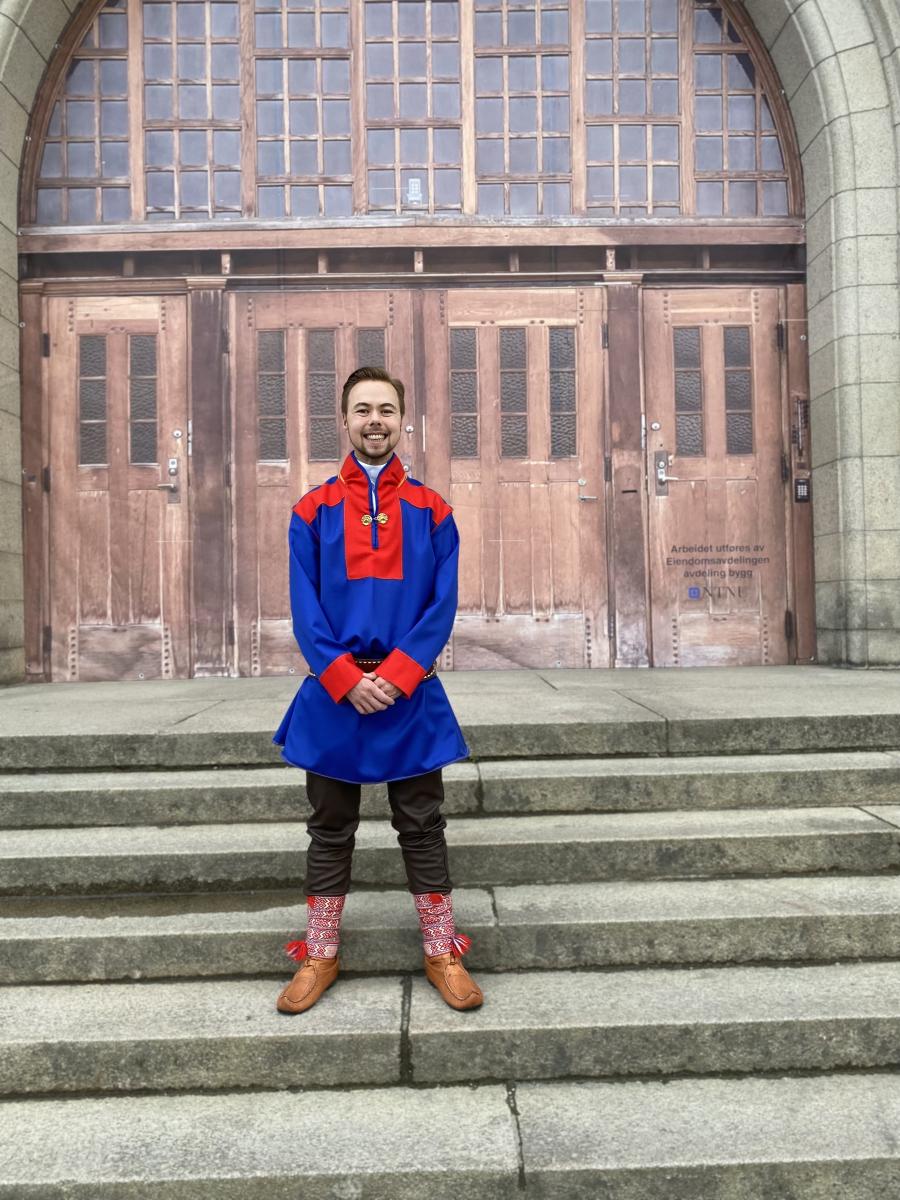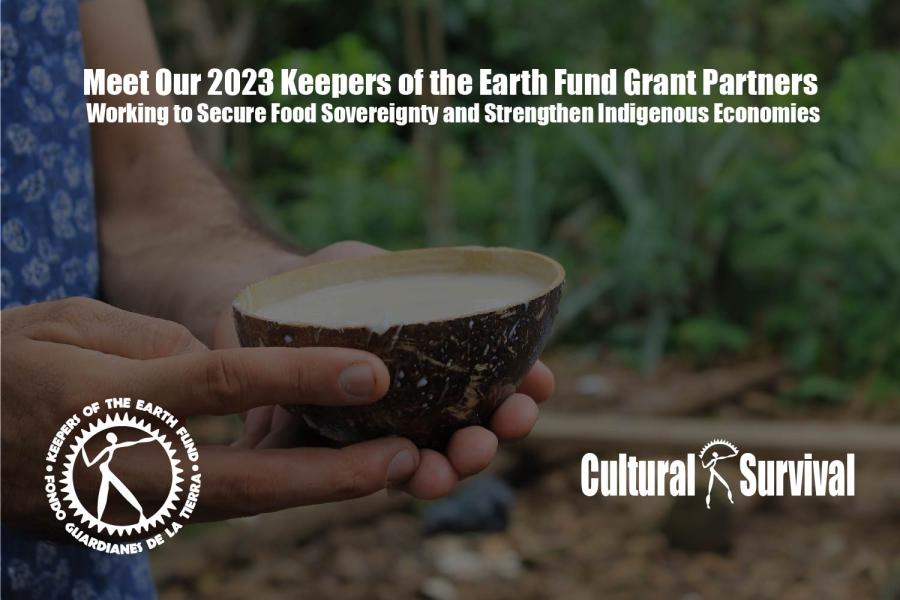
On April 19, 2018, Cultural Survival's Dev Kumar Sunuwar intervened on the floor of the UN Permanent Forum on Indigenous Issues to urge governments around the world to acknowledge and support media outlets operated by and for Indigenous communities. Speaking on behalf of the Indigenous Media and Communication Caucus to the UN, he noted that role that Indigenous media currently play around the world in strengthening and maintaining Indigenous languages, which are being celebrated next year in the 2019 "International Year of Indigenous Languages." Yet, Indigenous media continue to face systematic discrimination and violence as a result of States’ policies and legislation. Read his full statement and watch Cultural Survival's Facebook Live video of the intervention, below.
For more information on joining the caucus, email Dev at dev.kumar@culturalsurvival.org
Statement to the 17th session on the UN Permanent Forum on Indigenous Peoples
by Dev Kumar Sunuwar on behalf of the Indigenous Media and Communication Caucus to the UN
April 2018
Thank you, Madam Chair,
On behalf of the Indigenous Media and Communication Caucus to the United Nations, we salute the UN General Assembly for proclaiming 2019 as the International Year of Indigenous Languages.
We would like to highlight the role that Indigenous media currently play around the world in strengthening and maintaining Indigenous languages, and note the systematic discrimination that Indigenous media face within States’ policies and legislation.
In many countries, including my country of Nepal, the mainstream media is only available in dominant languages, to the exclusion of Indigenous languages, making it inaccessible to many Indigenous Peoples. This hampers Indigenous Peoples’ right to access information in the languages they understand, and regrettably contributes to the marginalization and loss of Indigenous languages.
Meanwhile, around the world, Indigenous communities are making incredible efforts to establish media in our own languages, from, by, and for our communities. Article 16 of UNDRIP guarantees Indigenous Peoples the right to establish their own forms of media, and as Indigenous community media journalists from around the world, we are evidence that Indigenous Peoples have wholeheartedly embraced this right to free expression, as it is crucial to maintaining our language and thus our identity.
However, in many cases we are forced to do this work under threats and intimidation and we regularly experience violence perpetrated by agents of own governments. Many of us live in fear of violence and criminalization simply for exercising our right to freedom of expression. Although similar threats face all journalists, it is often the Indigenous communicators who are excluded from mechanisms of protection due to both lack of formal recognition as journalists, geographic inaccessibility to protection measures, and discrimination and impunity within the justice systems.
We see a clear example of state violence against Indigenous community radio practitioners in Guatemala, where, in the 10 years since the Declaration was adopted, at least 12 community radio stations have been raided by the national police and Indigenous journalists have been thrown in jail, often without clear charges and for indefinite periods. This occurs because Guatemala’s telecommunications law fails to recognize Indigenous Peoples’ right to community radio, despite recommendations from Guatemala’s own Constitutional Court, this Forum, various Special Rapporteurs, the UPR process, and more.
Thus, we recommend that in commemoration of the International Year of Indigenous Languages, States take real steps to implement policy changes that facilitate Indigenous Peoples’ access to their own forms of media in their own languages.
Specifically, we recommend the following actions from States:
-
Develop legislation ensuring affordable access to radio frequencies by Indigenous communities.
-
Protect the safety of Indigenous community journalists by complying with Human Rights Council Resolution 33/2 on the safety of journalists and make special accommodations for rural community communicators.
-
Increase funding opportunities for Community Radio stations who broadcast in Indigenous languages.
Thank you
Photo: Members of the Indigenous Media and Communications Caucus in the UN Indigenous Media Zone, April 2018.


